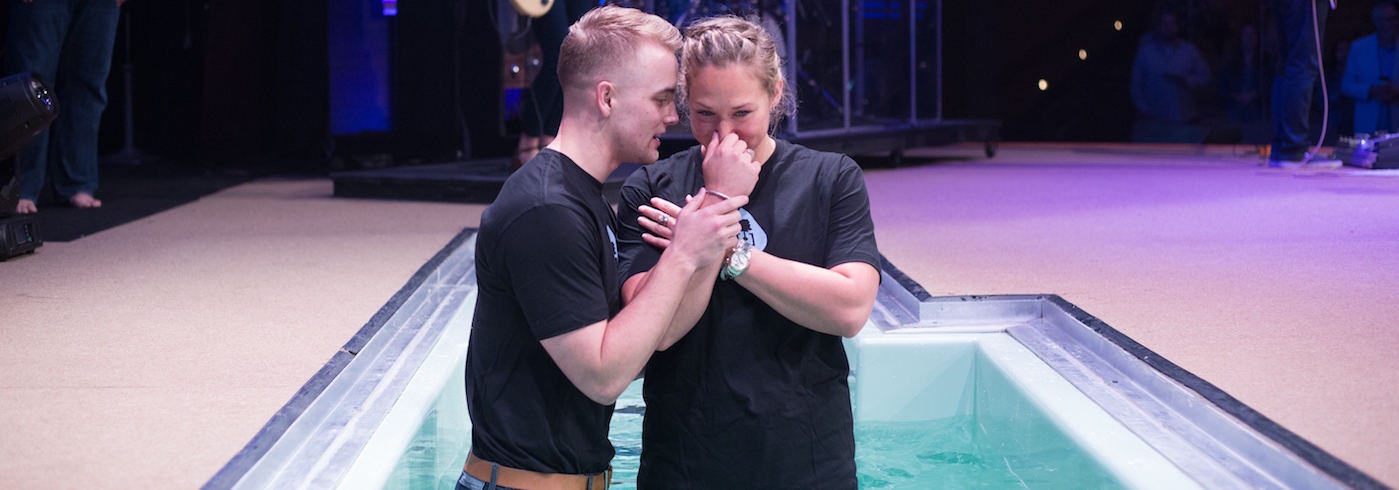Is Experiential Becoming the New Contemporary?
Serving a generation that is ready to participate
I recently had the opportunity to spend time with one of the great leaders in the church world today, Craig Groeschel, founder and senior pastor of Life.Church, the largest church in the U.S., with 26 locations in eight states. He made a comment about a church trend line that I can’t stop thinking about: “Contemporary is the new traditional.”
Essentially, he was saying that for years churches worked hard to move away from a traditional style of worship to adopt a more contemporary worship experience. This trend has been going on for more than 30 years, and many churches continue to look for ways to become less traditional and more contemporary. The problem, however, is the contemporary church is becoming more and more outdated, the same way the traditional church has over the last three decades.
The danger now for church leaders is we are pouring time, energy and money into a style of worship that is already outdated in terms of reaching people in the emerging generation. Simply put, we can’t continue to adopt yesterday’s worship style to reach people in today’s culture. I share Pastor Craig’s concern. His corresponding theory is that “experiential” is the new contemporary, which is great news for us who are Pentecostal.
We can’t continue to adopt yesterday’s worship style to reach people in today’s culture.
Emerging generations don’t want to sit and listen; they want to participate and experience, and this in many ways is the essence of Pentecostalism.
We believe and expect people to encounter God, to experience the Holy Spirit, and to have a role or ministry in the body of Christ. As leaders, we should be careful not to create a performance culture to be relevant, when what this generation is hungry for is an encounter — an experience. That begs the question, what’s the difference between traditional, contemporary and experiential?
While we can learn from the common elements of traditional and contemporary worship styles, an experiential worship experience has the following distinguishing characteristics:
• Authenticity is a must
• Participation is essential
• Congruence is required
• Application is practical
• Response is expected
• Leaders facilitate
Pentecostals are well positioned to lead the way in creating experiential environments for people to encounter God and the fullness of His Spirit. We can maximize this opportunity by maintaining our commitment to both the Spirit of God and the Word of God, and by connecting the dots, in more meaningful ways, between the power of the Spirit, the fruit of the Spirit, and the gifts of the Spirit.
This article originally appeared in the June/July 2017 edition of Influence magazine.
Influence Magazine & The Healthy Church Network
© 2025 Assemblies of God

